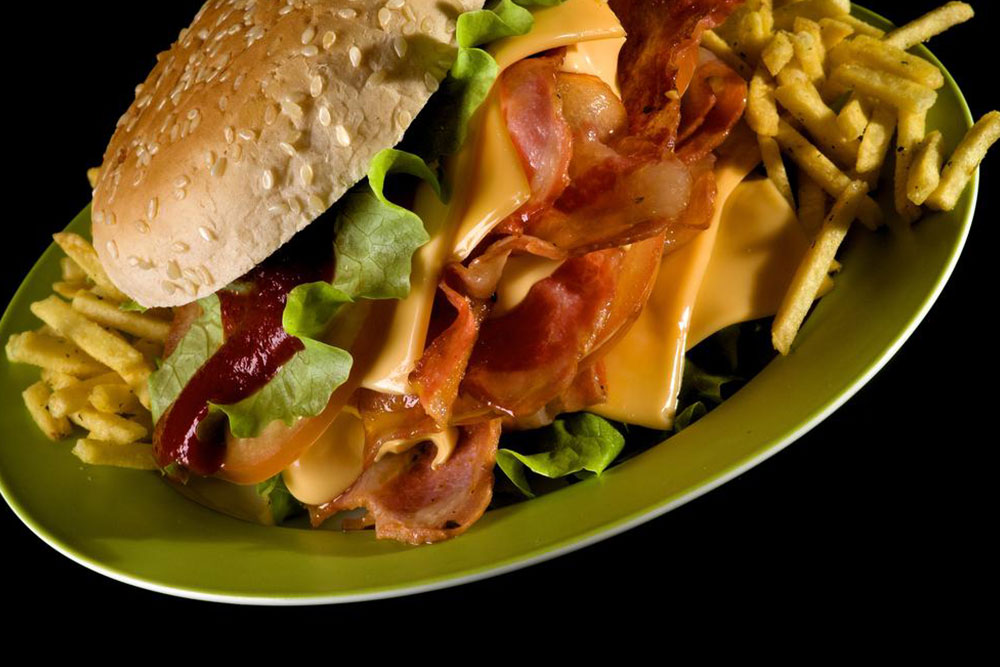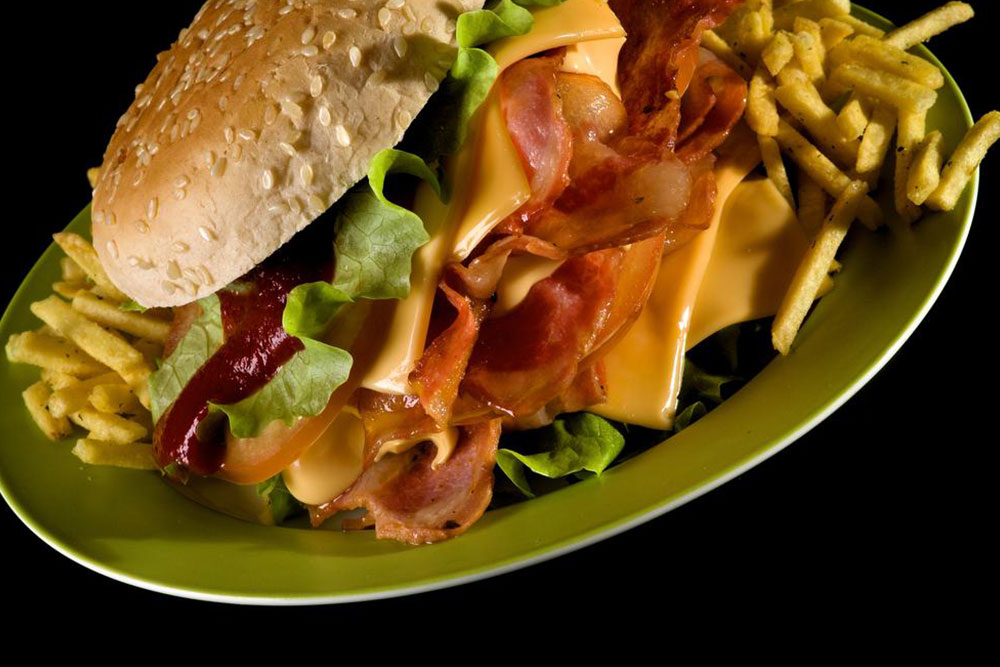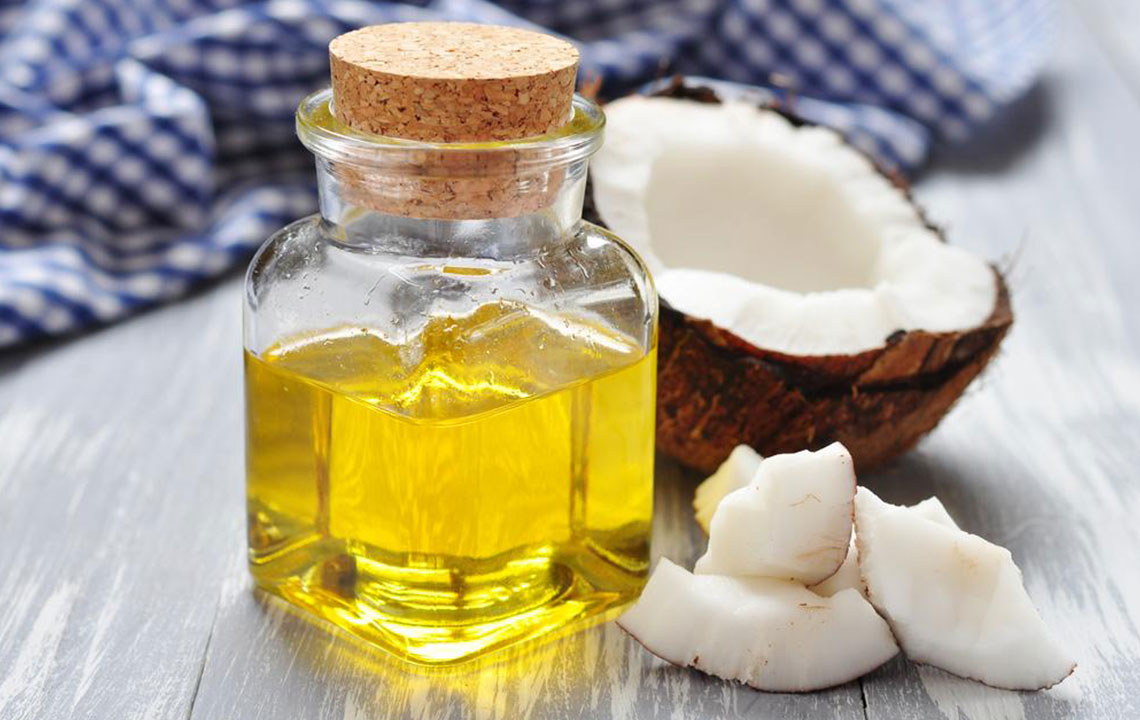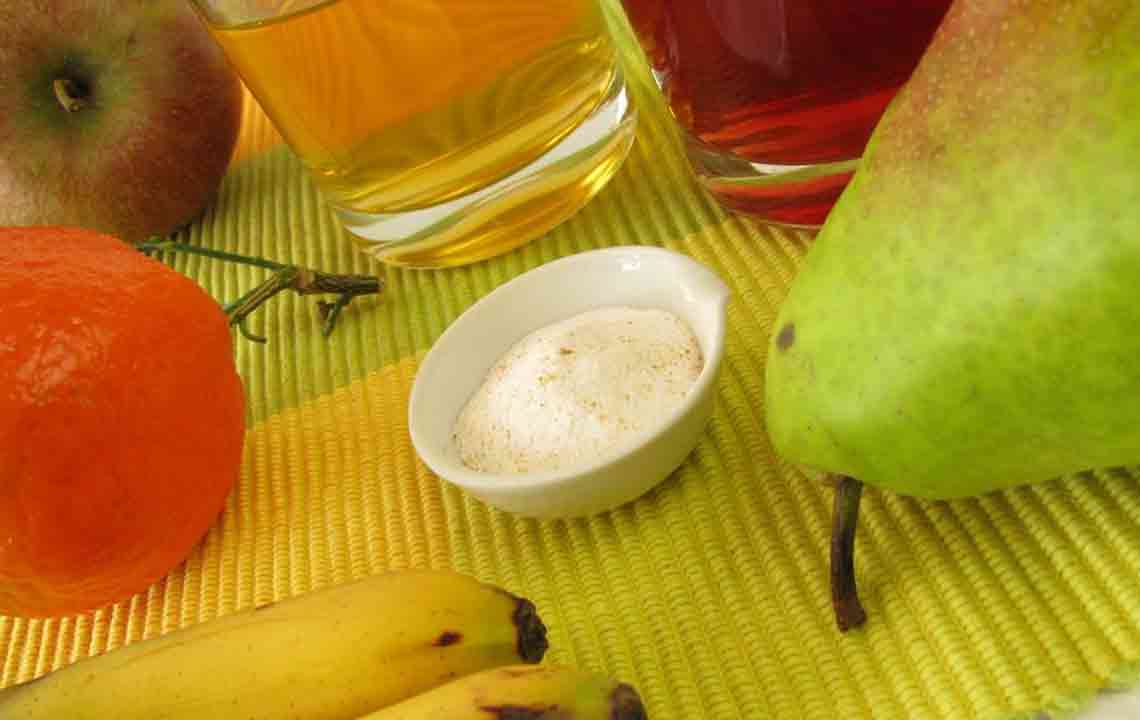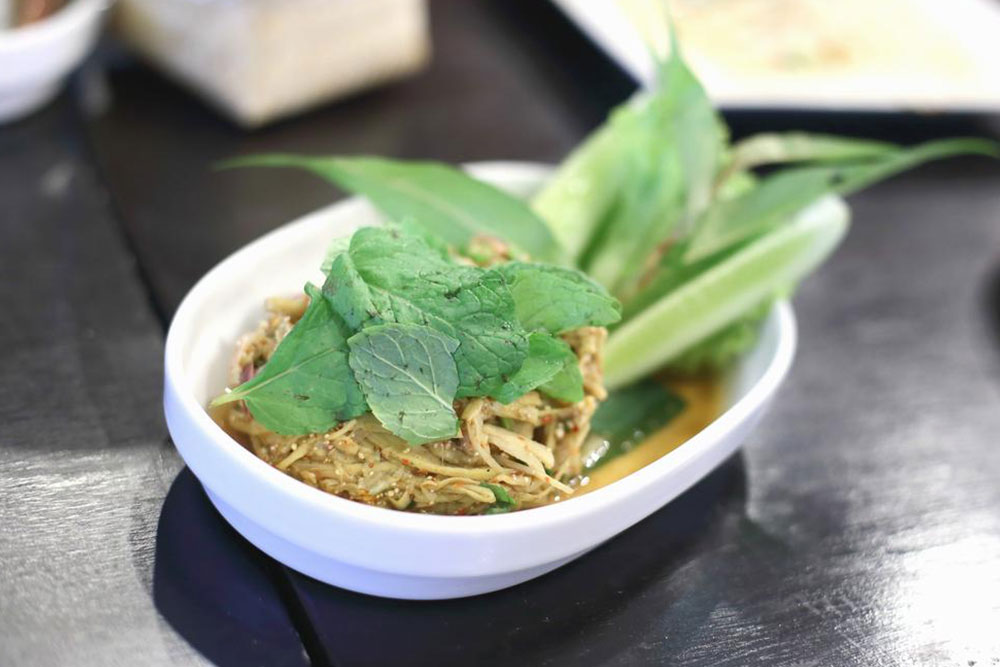Managing Diverticulosis: Dietary Recommendations for Better Gut Health
This article provides practical dietary tips for managing diverticulosis, emphasizing high-fiber foods and lifestyle adjustments. It highlights the importance of whole grains, legumes, fruits, and vegetables to support digestive health and prevent progression to diverticulitis. Including hydration and avoiding processed foods are also key features of an effective diet plan, helping individuals maintain overall colon health.
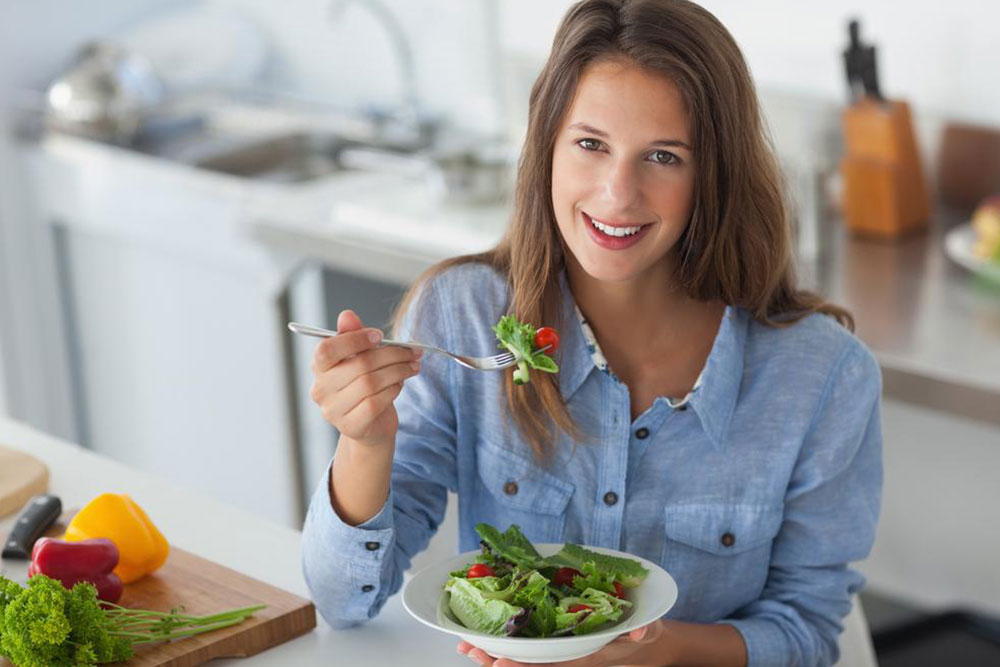
Managing Diverticulosis: Dietary Recommendations for Better Gut Health
Diverticula are tiny pouches that form along the colon's wall, a condition known as diverticulosis. This issue becomes more common with age and may cause symptoms like mild cramps, bloating, and constipation. If untreated, diverticulosis can progress to diverticulitis, where these pouches become inflamed or infected. Recognizing early symptoms and adopting a suitable diet is crucial to prevent complications.
A diet rich in fiber can help manage diverticulosis. Incorporate whole grains, oats, vegetables, fruits, and legumes into your meals. Swapping refined white bread and pasta for whole wheat options reduces strain on your digestive system. Eating legumes like beans and lentils a few times weekly provides necessary protein without aggravating inflammation. Consuming fruits with skin boosts fiber intake, aiding digestion. Include vegetables in every meal, either fresh or as broth, and drink plenty of fluids to stay hydrated and support gut health.
Note:
This article offers general dietary guidance for managing diverticulosis. Always consult a healthcare professional before making significant changes to your diet, especially if you have underlying health conditions. While the advice aims to promote digestive wellness, individual needs may vary, and the content is not a substitute for medical treatment or personalized advice.

